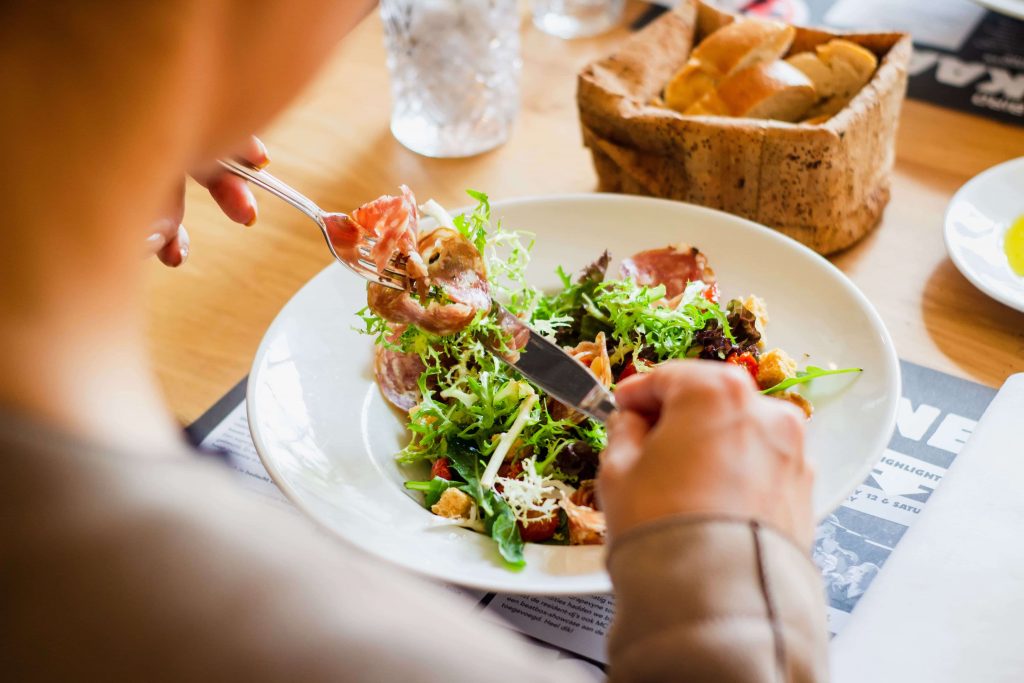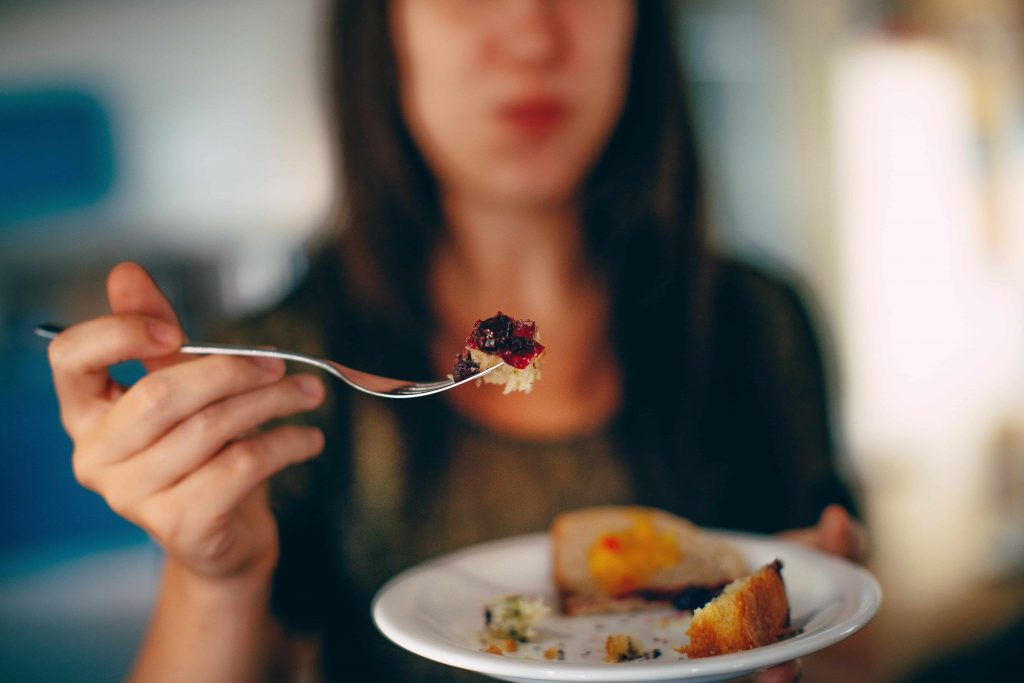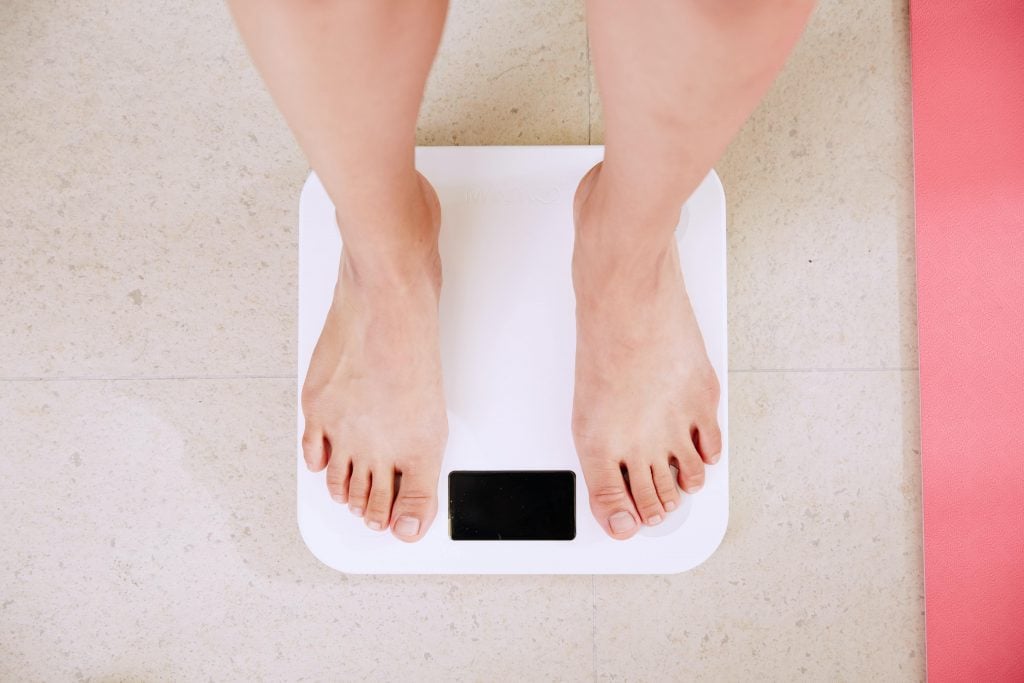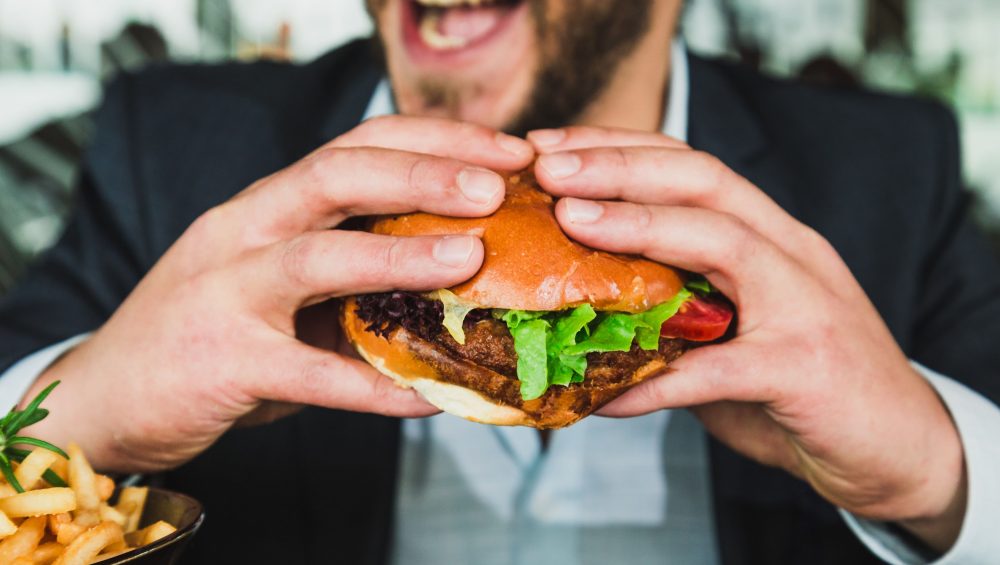Many adults are concerned about holiday weight gain. Numerous seasonal holidays may promote overeating, sedentary behavior, and calorie-dense food consumption. The majority of people do not eliminate this excess baggage. As a result, holidays — regardless of the season — may be a significant contributor to your annual weight gain.
Having said that, holiday weight gain is not a given. Here are some tips to help you avoid holiday weight gain.
Maintain an Active Social Life with Family and Friends
For many families, holiday traditions include sedentary activities such as sitting on the couch and watching TV. Inactivity can contribute to weight gain, particularly when combined with binge eating.
Participating in some form of physical activity with your family may help you maintain a healthy weight. Even something as simple as a family walk can divert your attention away from food and enable you to bond with your family.
Additionally, you can stay active over the holidays by enrolling in a workplace or community fitness event. Races are popular.
Snack Prudently
During the holiday season, unhealthy snacks such as cookies and other treats are frequently available for your consumption.
When treats are readily available, you’re more likely to overeat. At home, this issue can be resolved by concealing treats. However, that strategy becomes more difficult to employ in situations over which you have no control, such as at work or a family gathering.
Make an effort to monitor your snacking habits. If you find yourself munching simply because food is nearby — rather than because you are hungry — it is best to avoid snacking entirely.
If you are hungry and in need of a snack, however, choose real foods. Fruits, vegetables, nuts, and seeds are filling snacks that are free of added sugars and unhealthy fats, which can contribute to weight gain.
Keep an Eye on your Portion Sizes
When the holidays arrive, it’s easy to find yourself with an overflowing plate. Individuals who consume larger portions gain weight more easily than those who do not.
The most effective way to combat this is to limit portion sizes or to use smaller plates. Read food labels and the recommended serving sizes listed on recipes to determine an appropriate portion size. If you are unable to do either, use your best judgment to pack a reasonable amount of food onto your plate.
Consume Mindfully
People are frequently pressed for time during the holiday season, which frequently results in mealtime multitasking.
According to studies, individuals who eat while distracted are more likely to overeat. This is because they are unable to discern their bodies’ signals of fullness.
To avoid this, eat mindfully and keep distractions to a minimum — including work and electronic devices. Consume fewer calories by chewing slowly and thoroughly. This will help you recognize your body’s fullness signals and consume fewer calories.
Additionally, it may be beneficial to take a few deep breaths prior to eating. This can help you relax and focus your attention entirely on your task at hand, rather than on your to-do list. Numerous studies demonstrate that those who practice mindful eating are less likely to gain weight.
Get adequate Sleep

Insomnia, which is quite common during the holidays, can result in weight gain.
This is because those who do not get enough sleep are likely to be hungrier, consume more calories, and engage in less physical activity. Sleep deprivation may increase hunger hormone levels, resulting in increased calorie intake.
Additionally, insufficient sleep has been associated with a decreased metabolism. This could be due to changes in your circadian rhythm, which is a biological clock that regulates a large number of your bodily functions.
Suggested Read: How to Take Care of your Mental Health this Pandemic
Maintain Control of your Stress levels
Keeping up with holiday demands can be stressful. Individuals who are stressed frequently have elevated cortisol levels, a hormone released in response to stress. Cortisol levels that remain elevated for an extended period of time may contribute to weight gain, as they have been linked to increased food intake.
Additionally, a stressful lifestyle may result in an increase in junk food cravings. For these reasons, it’s critical to manage stress in general — but even more so during the holidays, when you may be busy and surrounded by unhealthy foods.
Numerous techniques exist to assist you in reducing stress. Exercise, meditation, yoga, and deep breathing are just a few examples.
Maintain a protein-balanced Diet
Typically, holiday meals are high in carbohydrates but low in protein. However, it is critical to include protein in each meal because it promotes fullness and may help with weight maintenance. Indeed, eating protein with meals may help you consume fewer calories by reducing hunger and appetite.
Protein is also beneficial for weight loss because it speeds up your metabolism and increases your levels of appetite-suppressing hormones. To reap these weight-management benefits, each meal should contain at least 1 ounce (25–30 grams) of protein.
Protein-rich foods include meat, poultry, fish, and some plant-based foods such as beans and quinoa.
Suggested Read: How to Cook the Perfect Steak for the Holidays
Concentrate on Fiber
Another important nutrient that promotes fullness is fiber. According to some studies, increasing dietary fiber can help you consume fewer calories overall, which may help you avoid gaining weight during the holidays.
Regrettably, many popular holiday foods are deficient in fiber. Consume fiber-rich foods such as vegetables, fruits, legumes, whole grains, nuts, and seeds whenever possible.
Reduce Taste-testing
During the holiday season, many people spend a great deal of time cooking and baking. Unsurprisingly, this can result in weight gain due to the ease with which your dishes can be taste-tested. Even small portions of holiday fare can add up to a lot of calories.
While tasting your dishes is important, especially if you’re cooking for others, a small bite is likely to suffice.
Additionally, you should avoid becoming hungry while cooking, as it is much easier to go overboard with taste testing when your stomach is growling.
Bring a Nutritious Dish to Share

At holiday parties, it’s easy to overeat — or to focus exclusively on fattening, high-calorie foods.
You do, however, have some degree of control over what you consume. One straightforward trick is to bring your own nutritious dish to share. This way, you can be certain that you’re eating something that fits your weight-loss goals.
Consume Fewer Desserts

During the holiday season, desserts are ubiquitous. This frequently results in excessive sugar consumption, which is a leading cause of weight gain.
Rather than eating every treat that comes your way, focus on your favorites and avoid the rest. Another trick is to savor the desserts you do indulge in, simply by taking your time and eating them slowly — this may leave you feeling more satisfied and less likely to overindulge.
Limit your intake of Liquid calories
Alcohol, soda, and other calorie-dense beverages are prevalent during the holidays.
These beverages can significantly increase the amount of sugar and empty calories in your diet, which can result in weight gain.
Additionally, alcohol consumption is frequently associated with increased appetite and is associated with an increased risk of weight gain. If you’re attempting to lose weight, it’s best to avoid high-calorie beverages.
Employ a Smaller Plate
During the holiday season, dinner parties and potlucks are popular.
However, if you eat from a smaller plate, these celebrations do not have to wreck your diet. Individuals consume larger portions from large plates, which can result in overeating. Thus, a smaller plate makes portion control simple.
Regularly Weigh Yourself

Regularly stepping on the scale during the holidays can serve as a reminder of your weight goals, prompting you to act before significant weight gain sets in.
According to studies, people who weigh themselves regularly are more likely to maintain or lose weight than those who do not.
Develop a routine that works for you. Some people find it beneficial to weigh themselves daily, while others prefer to weigh themselves once or twice a week.
Utilize a Buddy System
Many people report success in achieving their weight goals when they work with a partner.
Make an effort to find a health buddy who shares your weight loss goals, as this person can serve as a motivator and accountability partner during the holidays.
Make contact with friends, family, and coworkers to find someone who would be a good fit.
Avoid Foods that have Been Processed
Processed holiday foods, such as mashed potatoes and stuffing in a box, are more readily available than ever.
While these foods are convenient and quick, they frequently contain excessive sugar and unhealthy fats that contribute to weight gain.
To avoid gaining weight, choose whole foods and prepare your meals from scratch.
This way, you can keep an eye on your diet and maintain a healthy weight.
Prepare in Advance
Planning ahead can help you avoid holiday weight gain. If you have any upcoming parties, inquire about the food that will be served or bring your own dish. Decide ahead of time what and how much you’ll eat.
Additionally, it can be beneficial to compile a list of healthy holiday recipes so that you are not at a loss for ideas when it comes time to bring a dish to a party.
Suggested Read: Bedroom for the Holidays: Ways to Spice Up your Space
Skip a Few Seconds
Holiday meals are occasionally served buffet-style, with an unlimited supply of a variety of options.
This incentivizes customers to order seconds — and possibly thirds. Limit yourself to one plate, as multiple helpings can quickly add up in terms of calories. Make a line
Many people have a “I’ll start tomorrow” mentality during the holiday season, which can result in the continuation of unhealthy habits.
If you’re serious about losing weight, it may be beneficial to draw a line, set limits for yourself, and adhere to your food intake goals. It’s acceptable to say no to foods and habits that are incompatible with your goals.
Additionally, it’s critical to recognize that you may make a mistake or two. Following this, individuals frequently abandon their goals. However, it is best to continue eating and make a healthier choice the next time.
Eat Moderately this Holiday
While maintaining your weight goals during the holiday season may seem daunting, numerous tips and tricks can help you stay healthy, happy, and weight-conscious during this time of year.
Apart from general diet advice, it’s critical to ensure that you’re getting enough exercise and limiting your consumption of holiday treats.
If you are diligent, you may discover that you have not only avoided weight gain but have actually lost weight during this festive season.
Suggested Read: 8 Vegan Recipes to Try at Home

